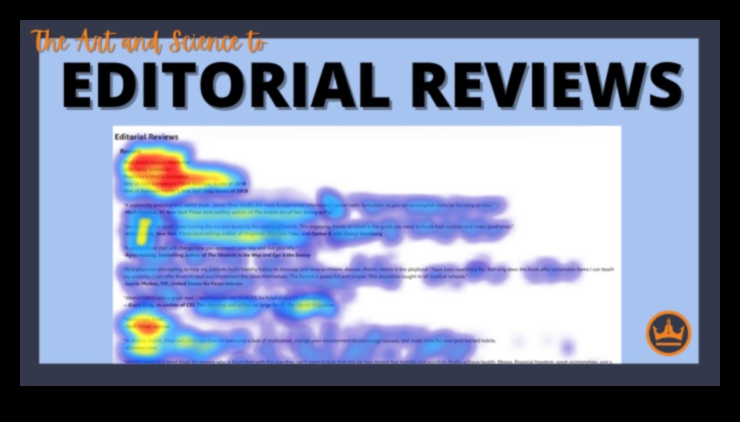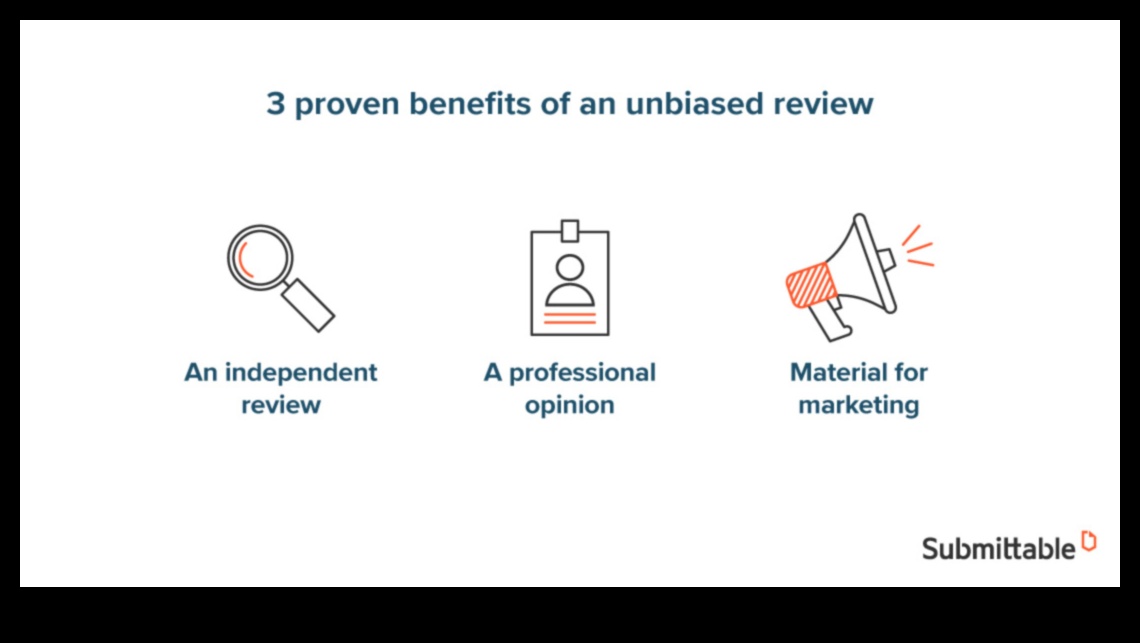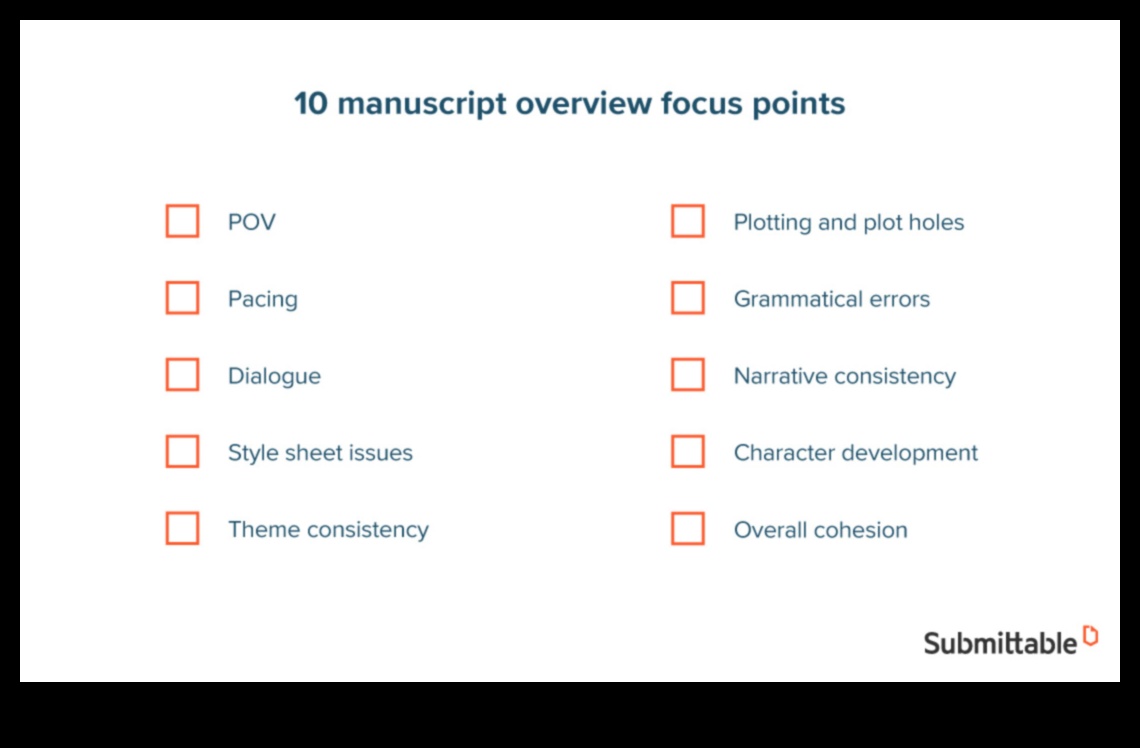
Editorial assessment is the process of evaluating content for publication. It is used to ensure that content is accurate, relevant, and of high quality. Editorial assessment can be done by editors, publishers, or other qualified individuals.
The importance of editorial assessment cannot be overstated. Inaccurate or misleading content can damage a brand’s reputation and credibility. Poorly written or organized content can make it difficult for readers to find the information they need. And content that is not up-to-date can quickly become irrelevant.
There are a number of different factors that are considered during editorial assessment. These factors include the accuracy of the content, the relevance of the content, the quality of the writing, and the overall organization of the content.
In order to write an effective editorial review, it is important to be familiar with the criteria that are used to evaluate content. It is also important to be able to provide constructive feedback that will help the author improve their content.
There are a number of different types of editorial reviews. These include:
- Peer review: This type of review is conducted by other professionals in the same field.
- Manuscript review: This type of review is conducted by an editor who is not familiar with the author or the topic of the manuscript.
- Content review: This type of review is conducted by a content specialist who is familiar with the topic of the content.
Getting your editorial review published can be a challenge. However, there are a few things you can do to increase your chances of success. These include:
- Make sure your review is well-written and organized.
- Provide constructive feedback that will help the author improve their content.
- Target your review to the right audience.
Writing an effective editorial review can be a valuable skill for anyone who works in the publishing industry. By understanding the importance of editorial assessment and the different types of editorial reviews, you can help to ensure that the content you publish is accurate, relevant, and of high quality.
| Feature | Definition |
|---|---|
| Editorial assessment | The process of evaluating the quality of written content |
| Editorial process | The steps involved in preparing a piece of written content for publication |
| Peer review | The process of having a piece of written content reviewed by other experts in the field |
| Quality control | The process of ensuring that written content meets a certain level of quality |
| Content marketing | The use of written content to promote a product or service |

2. What is an editorial review?
An editorial review is a critical assessment of a piece of writing, such as a book, article, or essay. Editorial reviews are typically written by experts in the field of the writing being reviewed, and they offer insights into the strengths and weaknesses of the work. Editorial reviews can be published in print or online, and they can help readers decide whether or not to read a particular piece of writing.
Editorial reviews are important because they can help to improve the quality of writing. By providing feedback on a piece of writing, an editorial reviewer can help the author to identify areas that need improvement. Editorial reviews can also help to promote a piece of writing, by drawing attention to it and encouraging readers to give it a chance.
In order to write an effective editorial review, it is important to have a strong understanding of the writing being reviewed. The reviewer should be able to identify the strengths and weaknesses of the work, and they should be able to provide constructive feedback that will help the author to improve their writing. Editorial reviews should be objective and fair, and they should focus on the quality of the writing, rather than on the personal opinions of the reviewer.
Editorial reviews can be a valuable tool for both authors and readers. They can help authors to improve their writing, and they can help readers to find the best writing available.
3. What is an editorial review?
An editorial review is a critical assessment of a piece of writing, such as a book, article, or essay. Editorial reviews are typically written by experts in the field of the work being reviewed, and they provide an in-depth analysis of the work’s strengths and weaknesses. Editorial reviews can be published in print or online, and they can help readers decide whether or not to read a particular work.
Editorial reviews are important because they can help to improve the quality of writing by providing feedback to authors. They can also help readers to find the best books, articles, and essays to read.
There are a number of different factors that editorial reviewers consider when evaluating a piece of writing. These factors include the work’s overall quality, its originality, its relevance to the field, and its readability. Editorial reviewers also consider the work’s potential impact on the field and its contribution to the literature.
Writing an effective editorial review can be a challenging task, but it is an important one. Editorial reviews can help to improve the quality of writing and help readers to find the best books, articles, and essays to read.

4. How to write an effective editorial review
An effective editorial review is one that is well-written, insightful, and helpful to the author. It should provide constructive feedback on the strengths and weaknesses of the manuscript, and it should offer suggestions for how the author can improve their work.
When writing an editorial review, it is important to be clear and concise. Avoid using jargon or technical terms that the author may not be familiar with. Be specific in your feedback, and provide examples to support your points.
It is also important to be respectful and professional in your tone. Remember that you are providing feedback to a fellow writer, and you want to build a positive relationship with them.
Here are some tips for writing an effective editorial review:
- Start by reading the manuscript carefully and making notes on your thoughts and impressions.
- Write a brief summary of the manuscript, and then highlight the strengths and weaknesses of the work.
- Offer specific suggestions for how the author can improve their work.
- Be respectful and professional in your tone.
- Proofread your review carefully before submitting it.
By following these tips, you can write an effective editorial review that will help the author improve their work.
Response format is unexpected.
How to get your editorial review published
Once you have written your editorial review, you need to get it published. There are a few different ways to do this:
- Submit it to a journal or magazine.
- Post it on your own blog or website.
- Submit it to an online editorial review platform.
If you are submitting your editorial review to a journal or magazine, make sure that you follow the submission guidelines carefully. These guidelines will typically include information on the length of the review, the format of the review, and the deadline for submissions.
If you are posting your editorial review on your own blog or website, make sure that you promote it so that people will see it. You can do this by sharing it on social media, sending it to your email list, and submitting it to relevant directories.
If you are submitting your editorial review to an online editorial review platform, make sure that you follow the platform’s guidelines. These guidelines will typically include information on the length of the review, the format of the review, and the submission process.
Once your editorial review has been published, you can start promoting it to your target audience. You can do this by sharing it on social media, sending it to your email list, and submitting it to relevant directories.
Getting your editorial review published can be a great way to share your thoughts on a particular topic and reach a wider audience. By following the tips in this article, you can increase your chances of getting your editorial review published.

7. Tips for writing an effective editorial review
Writing an effective editorial review can be a challenge, but it is an important task that can help to improve the quality of published content. Here are a few tips to help you write an effective editorial review:
- Start by reading the piece of content carefully and taking notes on your thoughts and impressions.
- Identify the strengths and weaknesses of the content, and be specific in your feedback.
- Offer suggestions for how the content could be improved.
- Write your review in a clear and concise style, and avoid using jargon or technical terms that the author may not be familiar with.
- Be respectful of the author’s work, and avoid making personal attacks or criticizing their writing style.
By following these tips, you can write an editorial review that is helpful and constructive, and that will help to improve the quality of published content.
FAQs about editorial reviews
VIII. FAQs about editorial reviews
Here are some common questions about editorial reviews, along with answers to help you understand the process.
What is the purpose of an editorial review?
An editorial review is a critical assessment of a piece of writing, typically conducted by an editor or other experienced writer. The purpose of an editorial review is to help improve the quality of the writing by identifying strengths and weaknesses, and offering suggestions for improvement.
What are the different types of editorial reviews?
There are two main types of editorial reviews: formative and summative.
Formative reviews are conducted during the writing process, and are designed to help the writer improve the quality of their work. Summative reviews are conducted after the writing is complete, and are designed to provide an overall assessment of the work.
What are the criteria for an effective editorial review?
An effective editorial review should be:
- Thorough
- Constructive
- Specific
- Timely
How do I get an editorial review for my work?
There are a few ways to get an editorial review for your work. You can:
- Ask a friend or colleague who is an experienced writer to review your work.
- Submit your work to an online editorial service.
- Submit your work to a literary magazine or journal.
What are the benefits of getting an editorial review?
There are many benefits to getting an editorial review, including:
- Improving the quality of your writing
- Identifying strengths and weaknesses in your writing
- Getting feedback on your writing from an experienced writer
How can I write an effective editorial review?
If you are asked to write an editorial review, there are a few things you can do to make sure your review is effective.
- Read the work carefully and thoughtfully.
- Identify the strengths and weaknesses of the work.
- Offer specific suggestions for improvement.
- Be constructive and respectful in your feedback.
Conclusion
In this article, we have discussed the concept of editorial assessment, its importance, and how to write an effective editorial review. We have also provided tips for getting your editorial review published and answered some FAQs about editorial reviews.
We hope that this article has been helpful in providing you with a better understanding of editorial assessment. If you have any further questions, please feel free to contact us.
FAQs about editorial reviews
Q: What is an editorial review?
A: An editorial review is a critical assessment of a piece of writing, typically conducted by an editor or other professional in the publishing industry. Editorial reviews are typically used to evaluate the quality of a piece of writing, identify any potential problems or errors, and make recommendations for improvement.
Q: Why are editorial reviews important?
A: Editorial reviews are important for a number of reasons. First, they can help to ensure that the quality of published content is high. Second, they can help to identify potential problems or errors in a piece of writing before it is published, which can help to prevent costly mistakes. Third, editorial reviews can provide valuable feedback to authors, which can help them to improve their writing skills.
Q: How to write an effective editorial review?
A: There are a few things to keep in mind when writing an effective editorial review. First, be clear and concise in your feedback. Second, focus on the strengths and weaknesses of the piece of writing, and provide specific suggestions for improvement. Third, be respectful and professional in your tone.